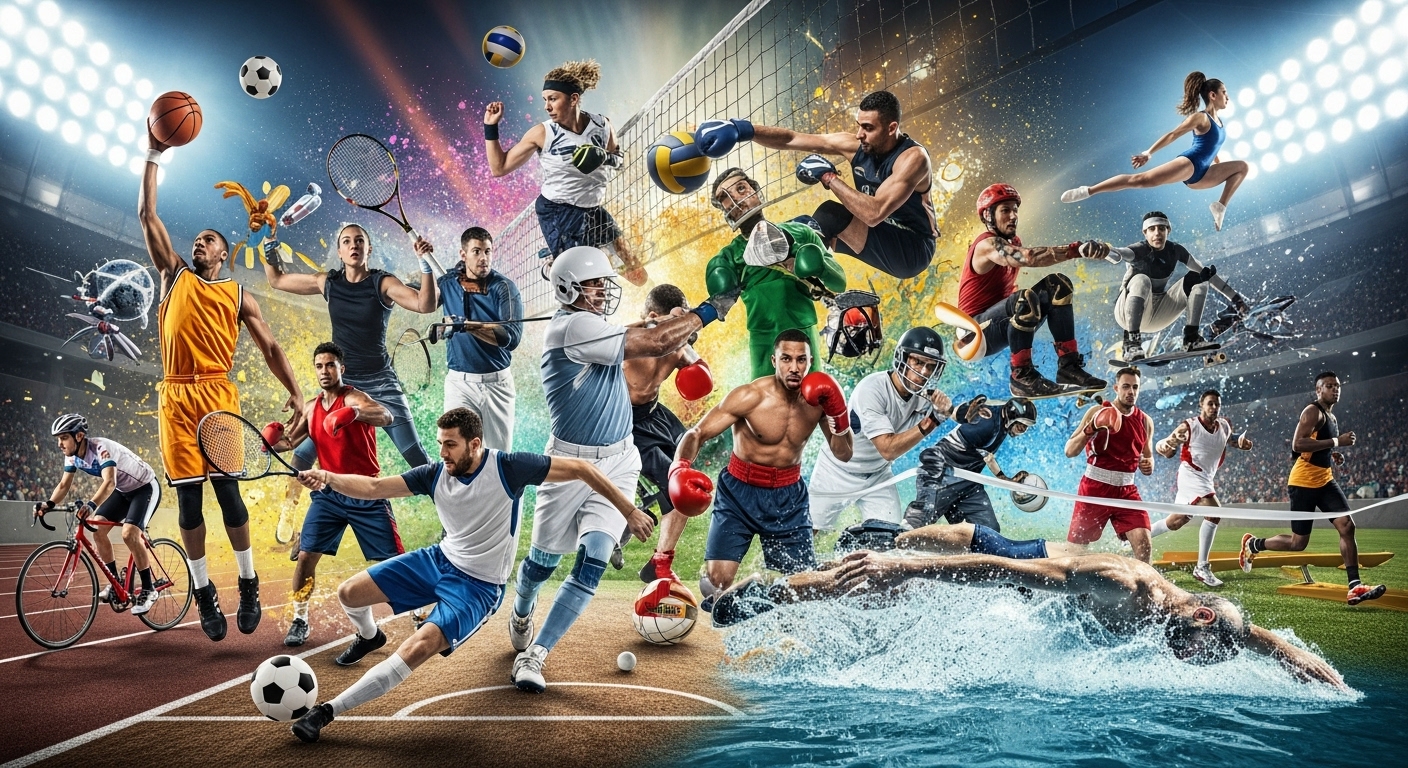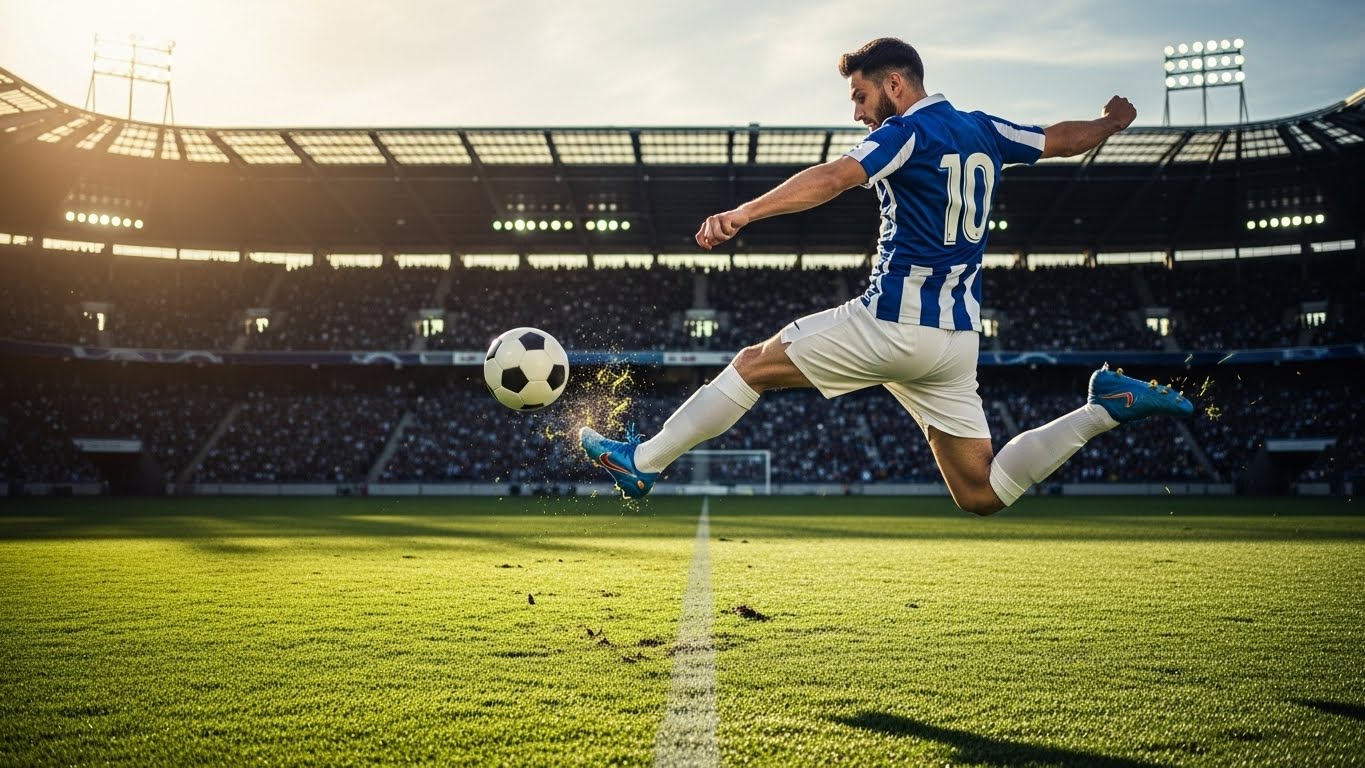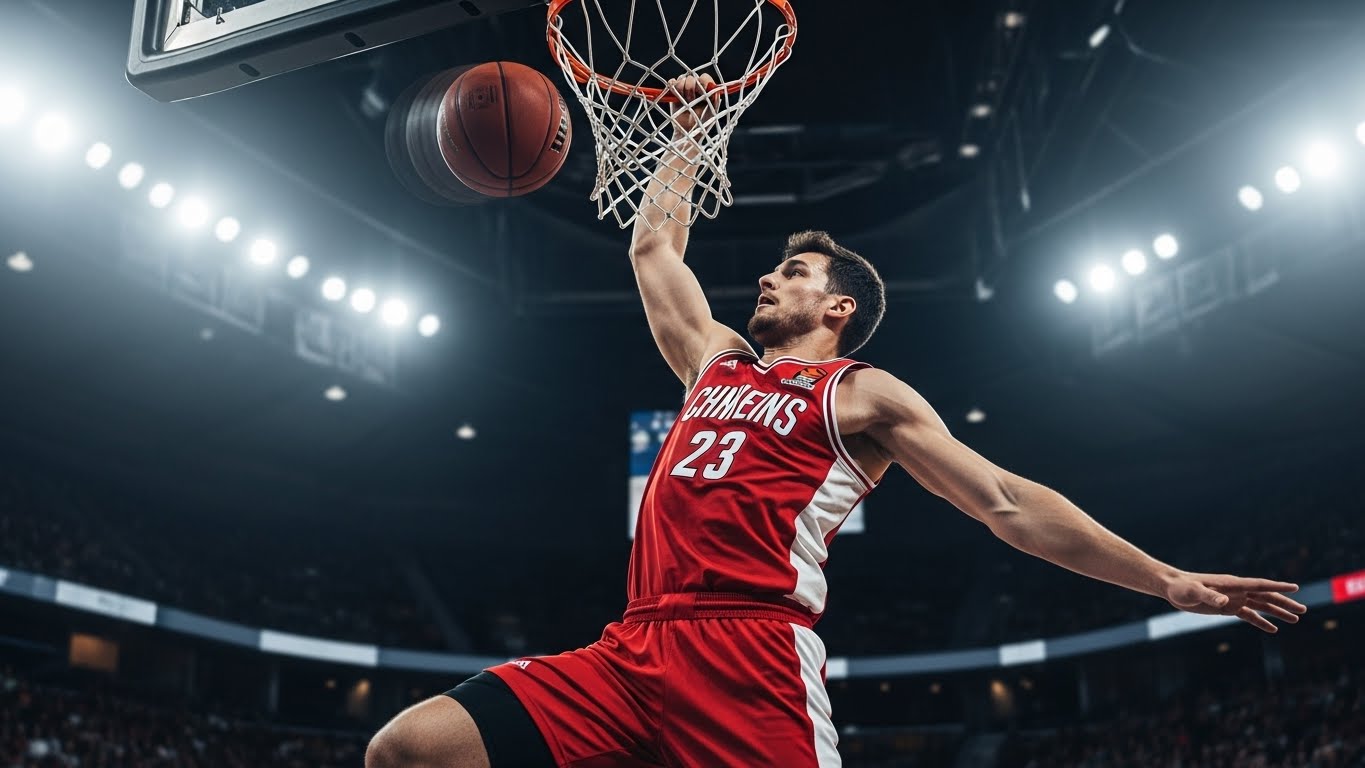Sports have long been celebrated for their entertainment value, offering a thrilling spectacle for fans and an outlet for athletes. Yet, their influence stretches far beyond what we typically see on the field or court. Whether it’s the life lessons learned through teamwork, the physical benefits of regular exercise, or the social connections formed, sports hold an incredible power to shape individuals and communities. This blog post will delve into the multifaceted impact of sports, uncovering the profound effects they have on our bodies, minds, and society.
The Physical Transformation Through Sports
When we think of sports, the first thing that often comes to mind is physical fitness. Regular participation in sports is one of the best ways to improve overall health and well-being, offering numerous physical benefits that go far beyond mere enjoyment.
Boosting Cardiovascular Health
Engaging in sports, especially those involving continuous movement like soccer, basketball, or swimming, provides significant cardiovascular benefits. These activities strengthen the heart, enhance lung capacity, and improve blood circulation, which collectively contribute to a healthier cardiovascular system. Regular exercise through sports reduces the risk of heart disease, hypertension, and other related conditions.
Building Strength and Flexibility
Sports like weightlifting, tennis, and gymnastics challenge the body to build muscle strength and flexibility. The repetitive motions involved in various sports not only enhance physical endurance but also promote joint health and flexibility, helping prevent injuries both in and out of the game.
Maintaining a Healthy Weight
Maintaining a healthy body weight is a common goal for many, and sports play a critical role in this endeavor. Sports, particularly those that engage large muscle groups, help burn calories and boost metabolism. Whether it’s running, cycling, or playing a sport like rugby or cricket, the consistent physical activity required helps to keep excess weight off and maintain a lean body.
The Mental and Emotional Impact of Sports
While the physical benefits of sports are well documented, the mental and emotional effects are equally transformative. Engaging in sports doesn’t just build muscles; it strengthens the mind as well.
Stress Relief and Mental Health
Sports serve as a powerful tool for reducing stress. Physical activity releases endorphins, the body’s natural “feel-good” chemicals, which help to combat feelings of anxiety, depression, and tension. The focus required during a game, whether it’s anticipating the next play in football or adjusting your swing in tennis, helps distract from daily worries, offering a mental escape and enhancing overall mood.
Building Resilience and Focus
One of the most important lessons taught by sports is resilience. Athletes face setbacks—lost games, injuries, and underperformance—but what they learn is the importance of bouncing back. The resilience built in sports can be applied to other life challenges, whether in academics, career, or personal life. Additionally, sports teach individuals to remain focused under pressure, fostering mental clarity and decision-making skills in high-stakes situations.
Boosting Confidence and Self-Esteem
Achievement in sports, no matter how small, helps build confidence and self-worth. Reaching personal goals—like improving a personal best time in a race or mastering a complex skill—fosters a sense of accomplishment. This boost in self-esteem carries over into other areas of life, helping individuals to feel more capable and empowered.
The Social Benefits of Sports
Sports offer a unique environment where people can connect, collaborate, and bond over shared experiences. Whether in a competitive or recreational setting, sports have the power to bring people together in ways that transcend cultural, geographical, and even linguistic barriers.
Teamwork and Collaboration
At the heart of most sports is teamwork. Even in individual sports, athletes often train with coaches and peers, relying on one another for feedback, support, and motivation. The teamwork aspect of sports teaches important life skills like communication, cooperation, and problem-solving. These are essential skills not only in sports but also in the workplace and in personal relationships.
Creating a Sense of Belonging
Being part of a sports team or a community of athletes creates a sense of belonging. For many, this sense of inclusion is one of the most rewarding aspects of playing sports. Team dynamics foster camaraderie, trust, and mutual respect, offering a supportive environment where individuals can grow together. In turn, this enhances social bonds, helping to combat loneliness and promoting positive mental health.
Uniting Diverse Communities
On a broader level, sports serve as a unifying force in communities and even nations. International competitions like the Olympics or the FIFA World Cup offer a platform for athletes from diverse backgrounds to come together in the spirit of friendly competition. These events are reminders of our shared humanity and have the power to bridge cultural divides, fostering peace and unity.
The Role of Sports in Character Development
Participating in sports goes beyond physical prowess; it also plays a crucial role in developing strong character. The values ingrained in athletes, from discipline to perseverance, help shape the way they approach challenges in life.
Discipline and Commitment
Sports require dedication and discipline. From early morning practices to following a strict training regimen, athletes learn the importance of consistency and hard work. The commitment to improving, whether it’s refining a skill or enhancing physical fitness, teaches individuals to set goals and work relentlessly toward achieving them.
Leadership Skills
Many sports require athletes to take on leadership roles, whether as captains, mentors, or motivators. Leading a team involves not just strategy and decision-making but also guiding teammates through both successes and failures. These leadership experiences instill confidence, responsibility, and the ability to inspire and support others—skills that are invaluable in both professional and personal settings.
Handling Failure with Grace
Failure is an inevitable part of sports. Athletes don’t win every match or competition, and setbacks are common. However, sports teach individuals how to handle defeat gracefully and use it as an opportunity for growth. Learning to cope with failure, reflect on mistakes, and improve for the future is a life lesson that can be applied to virtually every aspect of life.
Conclusion: The Lifelong Impact of Sports
Sports are much more than a physical activity or a form of entertainment. They are a powerful tool for personal growth, emotional healing, and social connection. Whether you’re playing a casual game with friends or competing at the highest level, sports offer an opportunity to improve both body and mind. They teach us valuable lessons about discipline, resilience, and teamwork, and help us build meaningful relationships with others.
Ultimately, the transformative power of sports extends far beyond the final whistle. It’s about the growth, the friendships, the lessons, and the memories that last long after the game is over. Whether you’re an athlete or a spectator, sports have something to offer everyone—it’s time to embrace their full potential.



